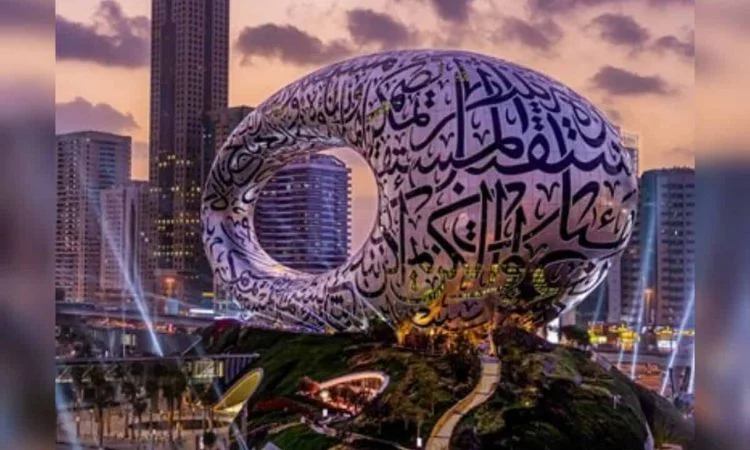Dubai has consistently ranked among the top 10 cities globally as the most liveable location for expatriates in recent years. A new survey by Preply highlighting Dubai’s status as the 9th most liveable city in the world could have positive financial implications for the emirate according to experts.

Real Estate Demand and Prices Supported by Expats
With a large expat population of over 80%, Dubai relies heavily on international residents and workers to power its economy. The steady demand from expats has been a major factor supporting the real estate market. According to analysts at Alpen Capital, an investment advisory firm, expat demand has helped sustain property prices and rental yields in Dubai over the long term.
As one of few major cities worldwide without income taxes, Dubai remains an attractive hub for high-income expats. This draws multinational companies to set up regional headquarters and operations centers in business districts like Dubai International Financial Center (DIFC). The influx of well-paid expat professionals and executives boosts demand for housing and commercial real estate.
Even during economic downturns when local Emirati and GCC citizen buying drops off, continued expat demand has provided a price floor for the property sector. This demand stability enhances Dubai’s appeal as a safe real estate investment destination for local and foreign investors.
High Costs Compensated by Tax Advantages
While living expenses are among the highest in the MENA region, Dubai’s tax-free environment makes it competitive on a global scale. According to market research firm Alpen Capital, the average post-tax salary for expats in Dubai is on par or higher than other major financial hubs like London and Singapore.
With no personal or corporate income taxes, the emirate essentially provides expats an additional pay raise equivalent to what they would pay in taxes back home. This helps Dubai attract and retain top international talent for its growing knowledge-based sectors. The overall value proposition of higher spendable income and luxury lifestyle continues to appeal to mobile professionals.
Consumer Spending Growth Supported by Expats
A large expat base is integral to Dubai’s position as the Middle East’s top commercial and tourism hub. International residents and visitors account for over 80% of spending in retail, dining and entertainment.
Data from Dubai’s Department of Economy and Tourism shows strong yearly growth in sectors like hotels and restaurants, in step with the rising expat population. Even during the pandemic when global travel slowed, continued spending by resident expats helped soften the economic blow.
Their regular expenditure has provided crucial support for the emirate’s diversification into non-oil industries. Sectors ranging from luxury retail to tourism are underpinned by the purchasing power of Dubai’s multi-cultural expat community. This sustained demand enhances investor confidence in consumer-facing businesses.
Financial Services Magnet for Global Talent
With its competitive tax environment and business-friendly common law system, Dubai has emerged as a leading financial center attracting multinational firms and capital flows. International experts note that the emirate’s appeal as a liveable global destination has been a major factor in its ascendancy on the global financial stage.
Hubs like Dubai International Financial Center (DIFC) have capitalized on the emirate’s popularity with expat tech and finance professionals. This availability of international skills and experience positions Dubai favorably against regional competitors in attracting global banks, asset managers and fintech startups.
The growing financial services workforce supports the real estate, retail and service sectors catering to high-income residents. Their spending activity and skills transfer within Dubai’s economy create further opportunities for foreign investment and jobs.
In conclusion, Dubai’s consistent ranking among the world’s top cities for expat living enhances its competitive strengths as a business and investment hub. Strong international talent inflows translate directly into financial benefits across vital sectors underpinning the emirate’s diversified, trade-oriented economy. Maintaining this global appeal will remain integral to Dubai’s ongoing transformation into a knowledge-based financial and commercial center.















